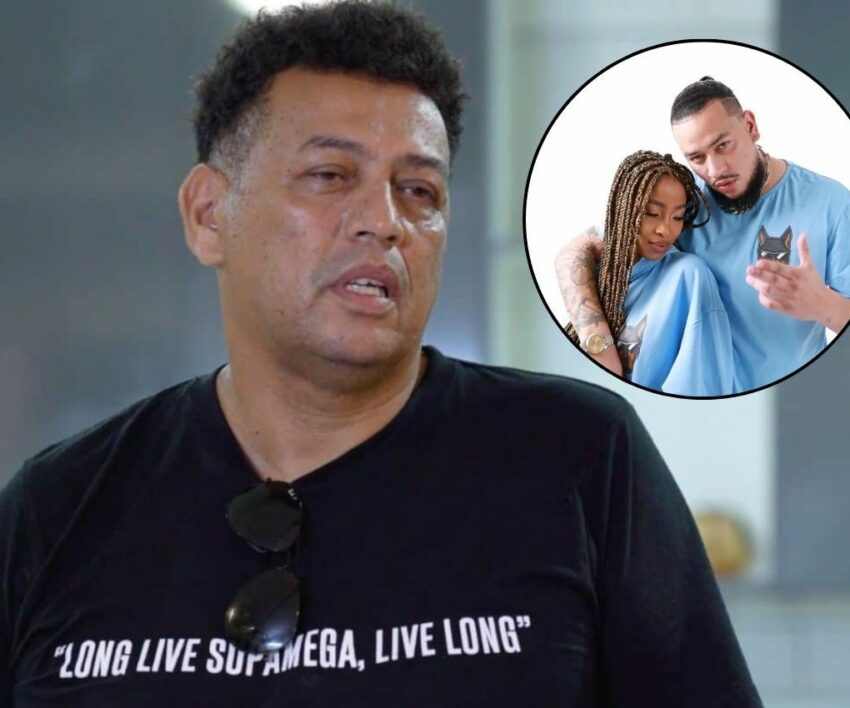
A statement that reopened old wounds
When Bheki Cele stood before Parliament’s ad hoc committee in October 2025 and implied that the death of Anele Tembe might not have been suicide, the remarks triggered shock waves across the country. Tembe, who died in April 2021 after falling from the 10th floor of Cape Town’s Pepperclub Hotel, was engaged at the time to the late rapper AKA (real name Kiernan Forbes). Many believed her death to be a self-inflicted fall, yet Cele asserted that the investigation had treated it as murder before the matter stalled.
For AKA’s father, Tony Forbes, the minister’s comments were much more than a political headline. They reopened unimaginable pain. In his first public remarks since Cele’s testimony, Forbes said it was unfair for his son—who cannot defend himself—to be spoken about as if he were a murderer. He insisted that Kiernan did not kill Anele, and he demanded that the inquest scheduled for the matter allow for fact-based evidence, not mere speculation.
What sparked the controversy
The story goes back to 11 April 2021, when Anele Tembe fell from a balcony in Cape Town while on a weekend with AKA. At the time, the matter was treated as a suspected suicide; no charges have ever been laid against AKA in relation to her death. Last year, in February 2023, AKA himself was fatally shot in Durban, leaving both families in mourning.
Now, Bheki Cele has publicly stated that investigators never ruled out murder in Tembe’s death but that prosecutors declined to proceed. That move reignited online debate, as members of the public asked why the matter had gone cold for so long and what really happened.
The reaction on social media
On X and Instagram, the hashtag #JusticeForAnele began trending again while threads about #AKA surfaced anew. Many users supported Tony Forbes’s fight to clear his son’s name. One follower posted, “Why drag AKA’s name through the mud when no charges were ever laid?” Others were more critical of the response, suggesting that Cele might be using the case to showcase deep flaws in the criminal justice system.
Some commentators pointed out the symbolic nature of the moment: a father defending his dead son against accusations from a powerful former minister and seeking resolution through a legal process that has taken years.
Why this matters beyond celebrity gossip
In South Africa, high-profile deaths like Tembe’s carry more than tabloid intrigue. They spotlight issues of gender-based violence, the slow pace of justice, and the media’s rush to narrative. Cele’s remarks, and Forbes’s reaction to them, underscore how official statements can revive trauma for families and shape public perception long before the courts speak.
This case also offers a fresh lens: how should the living defend the dead? When the accused is no longer alive, the fight shifts from courtrooms to public memory. Tony Forbes’s insistence on an inquest highlights one key idea: truth should be pursued through fact and process, not headlines.
Ahead of the inquest
Forbes says he welcomes the inquest into Anele Tembe’s death. He wants it to provide a full account of the evidence, to keep speculation out, and to ensure that his son is not unfairly condemned. “There’s no doubt that Kiernan did not murder her,” he told reporters, citing that he had proposed to Anele just two weeks before she died and describing him as far from the sort of man who would harm her.
As the families await what happens next, the public’s attention is back on how we handle unresolved pain, unanswered questions, and powerful figures making provocative claims. This is more than a celebrity headline. It is a chapter in how South Africa deals with grief, justice, and the narratives we tell each other.
Source: Briefly News
Featured Image: The South African




